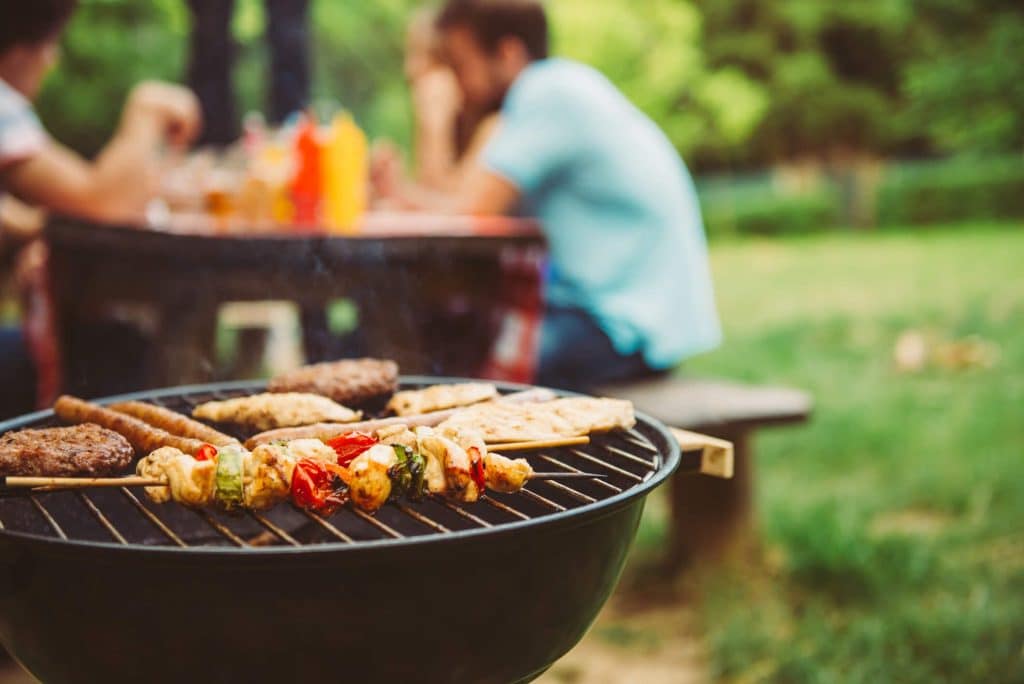Barbecue is an out-of-door meal, generally as a kind of memorable moment, in which meats, fish, or poultry are barbecued over a charcoal or wood fire alongside vegetables. The phrase also refers to the stone-lined pit or grill used to prepare such a meal and the food itself, notably the pork strips.
Barbecuing is common in the United States, particularly in the South, where pork is preferred, and the Southwest, where beef is preferred. Other barbecued foods include lamb or kid and chicken. It’s an American pastime summer traditional meal.
Barbecues have a remarkably long and passionate history.
History of Barbecue
According to Steven Raichen, the author of Planet Barbeque, barbecues were first cooked by a human ancestor known as Homo erectus over 2 million years ago. Cooking meat with fire was all they knew how to do, and people equate it to barbecue meals today, but it’s quite different. Besides, the name barbecue was birthed much later.
So, what’s the origin of barbecue food, and how different is it from the meat cooked on fire by our ancestors?
The word barbecue is borrowed from Taino, a Caribbean Indian tribe, that refers to cooking meat on a raised wooden grate barbacoa. According to Planet Barbecue, this word was first printed by a Spanish explorer in 1526 after he visited West India. Due to their language differences, the Spanish guy called it barbecue.
The popularity of barbecue has since spread like bush fire to almost all nations worldwide. In America, barbecue dates back to colonial times and has become a part of their culture. You’ll be surprised to note that the law prohibited “the discharge of guns at a barbecue” in the Virginia colony. That’s how important it was and is to Americans to date.
In fact, in America and most parts of the world, events and festivities are commemorated with barbecues.
The original barbecue is a mere shadow of what you know. While that meat was cooked over an open fire, today’s barbecue is cooked over charcoal or on a grill and is spiced to make it delectable and worthy of the event. In the Caribbean, it is still a traditional dish.
Knowing the origins of barbecue allows you to connect with it and appreciate it better. With this knowledge, you’re more likely to enjoy barbeque wherever you go. You’ll also be ahead of the game since you’ll be able to teach people about the history of barbecuing while they’re having fun.



